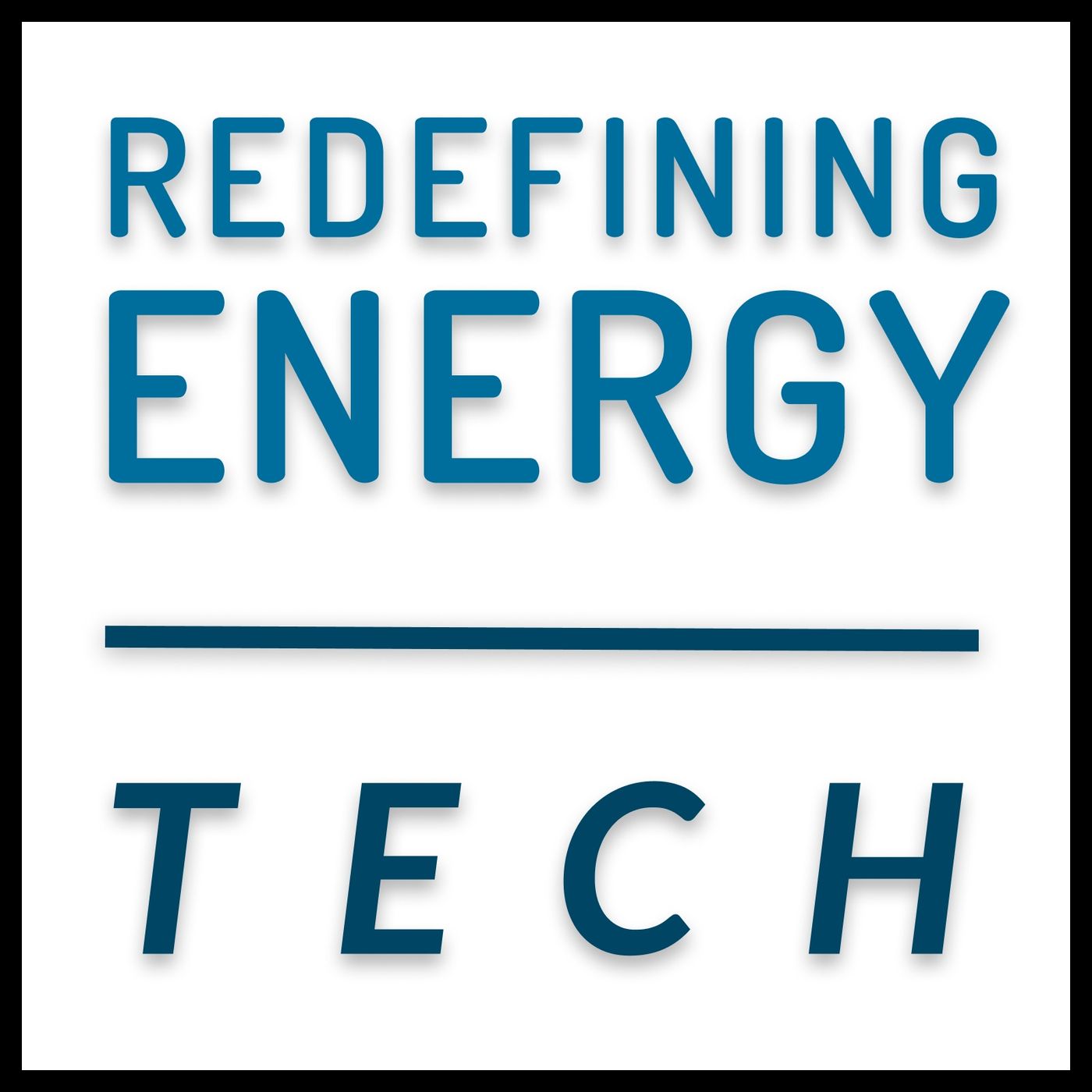30: Hot Topics: Sustainable Solutions for Industrial Heating (2/2)
Update: 2024-06-26
Description
In our latest podcast episode, host Michael Barnard and guest Paul Martin dove deep into innovative solutions for industrial heat. The conversation covered a wide range of topics, from the use of electrical and heat batteries to advancements in thermal storage, underscoring the potential benefits of storing energy as heat rather than relying solely on electricity.
Paul Martin shared insights on various types of industrial heat, including cement clinkering and specialty high-temperature processes, highlighting the importance of efficient heat management. The discussion also touched on the potential of changing wire types for better energy transfer and the role of smart demand and storage solutions during peak energy periods.
The episode explored cutting-edge heating technologies such as induction heating, thermolysis, and electrolysis, emphasizing their advantages over traditional combustion methods. Environmental considerations were a key focus, with a shift towards electric heating for sustainability and exploring alternatives to fossil fuels for high-temperature processes.
Closing remarks from Michael Barnard and Paul Martin highlighted the value propositions and technological innovations discussed, endorsing consulting services for chemistry process engineering with Paul Martin at Spitfire Research. This episode is a must-listen for anyone interested in the future of industrial heat and clean energy solutions.
Paul Martin shared insights on various types of industrial heat, including cement clinkering and specialty high-temperature processes, highlighting the importance of efficient heat management. The discussion also touched on the potential of changing wire types for better energy transfer and the role of smart demand and storage solutions during peak energy periods.
The episode explored cutting-edge heating technologies such as induction heating, thermolysis, and electrolysis, emphasizing their advantages over traditional combustion methods. Environmental considerations were a key focus, with a shift towards electric heating for sustainability and exploring alternatives to fossil fuels for high-temperature processes.
Closing remarks from Michael Barnard and Paul Martin highlighted the value propositions and technological innovations discussed, endorsing consulting services for chemistry process engineering with Paul Martin at Spitfire Research. This episode is a must-listen for anyone interested in the future of industrial heat and clean energy solutions.
Comments
Top Podcasts
The Best New Comedy Podcast Right Now – June 2024The Best News Podcast Right Now – June 2024The Best New Business Podcast Right Now – June 2024The Best New Sports Podcast Right Now – June 2024The Best New True Crime Podcast Right Now – June 2024The Best New Joe Rogan Experience Podcast Right Now – June 20The Best New Dan Bongino Show Podcast Right Now – June 20The Best New Mark Levin Podcast – June 2024
In Channel





